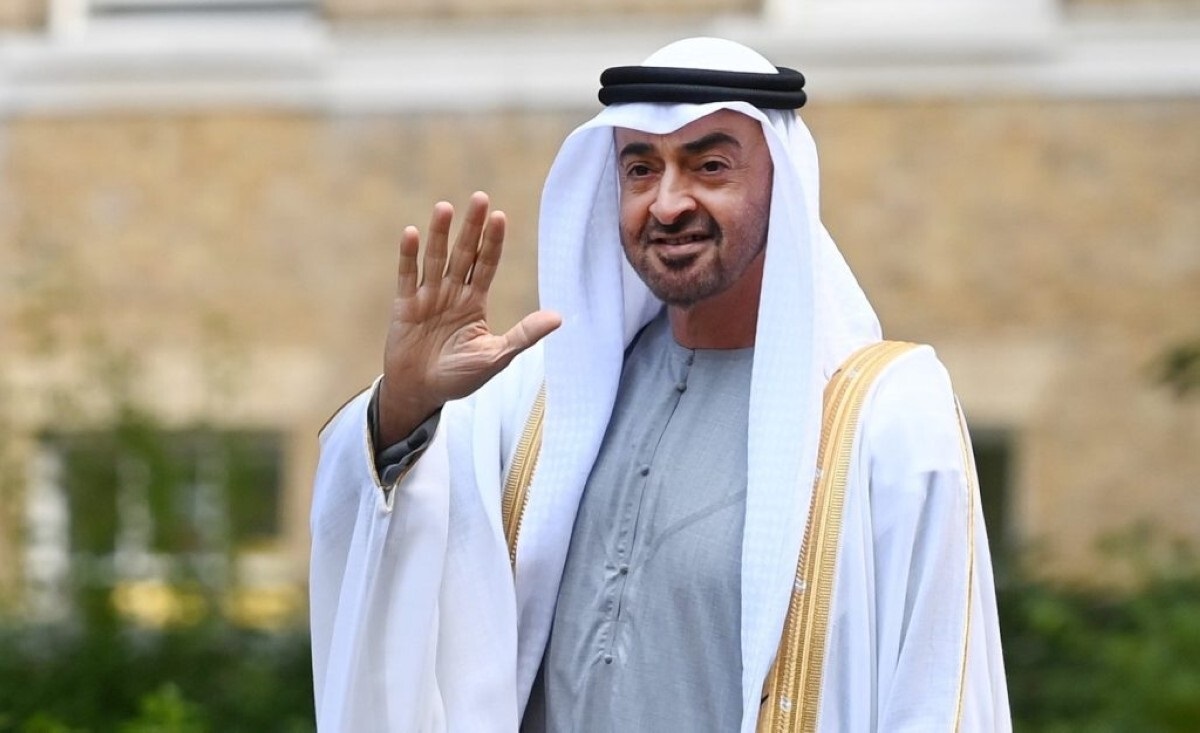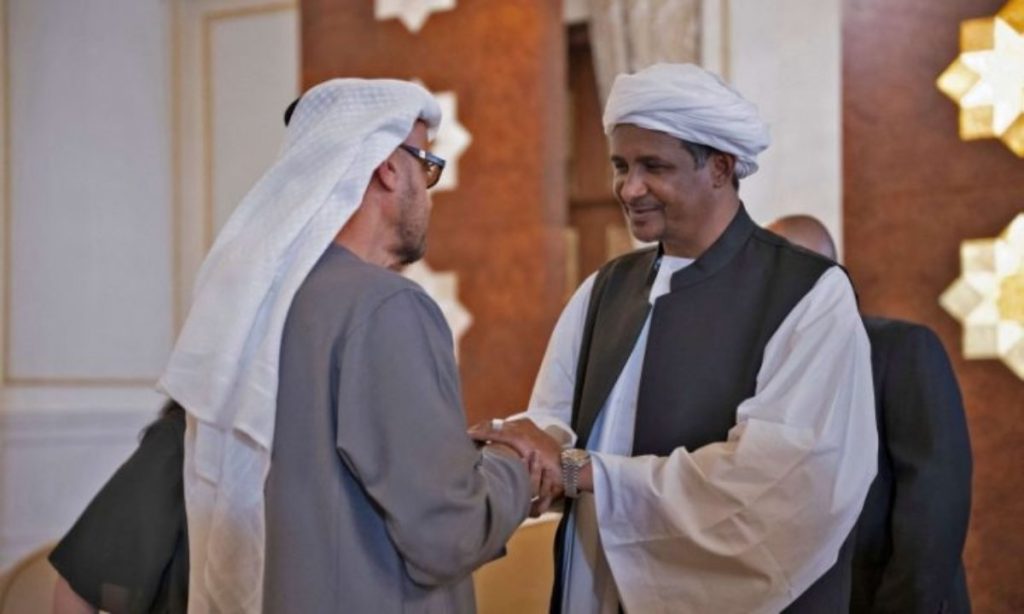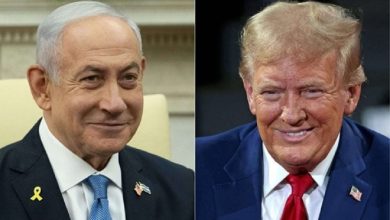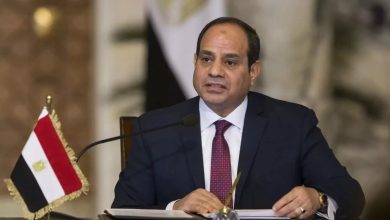UAE Mobilizes Lobbyists to Counter U.S. Sanctions Over Sudan Civil War Support
Diplomatic Sources Reveal Emirati Efforts to Block U.S. Legislative Action Amid Accusations of Arming Sudan's Rapid Support Forces.

Watan-Diplomatic sources have revealed that the UAE has begun mobilizing its lobbying groups in the United States in an effort to counter proposals and calls for sanctions against Abu Dhabi over its support for the civil war in Sudan.
The sources told “Emirates Leaks” that the Emirati regime is concerned that the growing efforts by U.S. lawmakers may translate into actual sanctions on Abu Dhabi, further tarnishing its reputation due to its support for armed militias.
According to the sources, the UAE quickly allocated significant financial resources and launched a political strategy to exert pressure and prevent U.S. sanctions. This includes initiating a disinformation campaign regarding the UAE’s controversial role in Sudan.
Two days ago, two U.S. lawmakers confirmed that they would continue seeking to block arms sales to the UAE after concluding that it has been supplying weapons to the paramilitary Rapid Support Forces (RSF) in the Sudanese civil war and has been implicated in committing horrific war crimes against civilians.
Senator Chris Van Hollen and Representative Sara Jacobs, both Democrats, stated in a Reuters report that their decision was based on a briefing from the Biden administration and other reports.
Van Hollen said in a statement, “The UAE is an important partner in the Middle East, but the United States cannot turn a blind eye to its role in aiding and abetting the suffering in Sudan.”

Jacobs added, “We now know that the UAE continues to arm the RSF, perpetuating this war and devastation. The United States has the opportunity to end this war and stabilize Sudan by withholding arms from the UAE and effectively cutting the RSF’s supply chain.”
The Biden administration had promised to provide lawmakers with an assessment by January 17, three days before President Donald Trump left office, regarding the credibility of the UAE’s assurances that it had not and would not supply weapons to the RSF.
U.S. law requires congressional review of major arms deals, allowing senators to call for votes on rejection resolutions to block such sales.
Although the law does not permit House members to demand such votes, the resolutions must still pass both chambers of Congress, with the possibility of overriding a presidential veto to take effect.
The UAE has long been a major buyer of U.S. weapons. In October, the previous Biden administration approved a potential $1.2 billion deal for the sale of Guided Multiple Launch Rocket Systems (GMLRS) and Army Tactical Missile Systems (ATACMS), along with related support services.
Lockheed Martin manufactures the GMLRS, while L3Harris Technologies produces the solid-fuel rocket engine for the system. Lockheed Martin also manufactures the ATACMS missiles. In November, Van Hollen and Jacobs introduced legislation to Congress in an attempt to block the sale.

In December, Reuters reported that dozens of flights from the UAE had landed at an airstrip in Chad, which was used to transfer weapons across the border to Sudan. In January 2024, a United Nations expert panel, citing “credible” allegations, stated that Abu Dhabi had been supplying military equipment to the conflict via the airstrip in Chad.
A Western official stated that many U.S. officials viewed Abu Dhabi as the “instigator” of the war. However, the administration was often “too distracted” to seriously pressure Abu Dhabi about its support.






